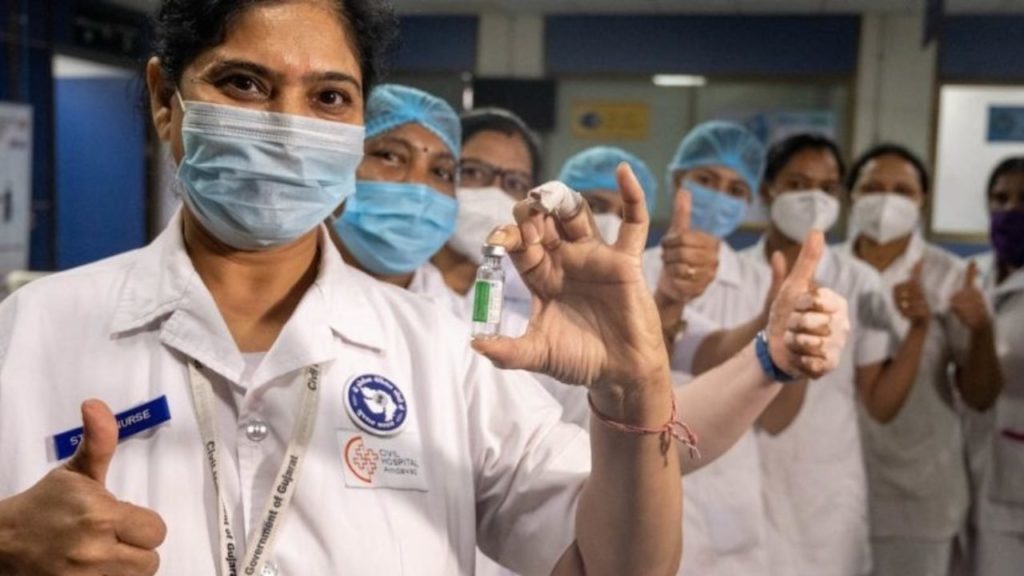These Vaccine Makers Earning Rs 75,000 Per Second; Rs 700 Crore Profit Per Day!

The business of pharmaceuticals is a tricky one. It involves a lot of investment in research and development, a considerable period of time for it to become fruitful, and chances of discovering the intended drug are always slim. And when you get an opportunity to make some handsome money on your initial investment, you always attract public scrutiny under the name of ethics.
A similar kind of situation is being faced by three vaccine makers as they are making a handsome amount of money while vaccinating the world.
Pfizer, BioNTech, and Moderna are making huge chunks of money every moment
According to the People’s Vaccine Alliance (PVA), a coalition campaigning for wider access to COVID vaccines, Pfizer, BioNTech, and Moderna are making combined profits of $65,000 every minute from their highly successful COVID-19 vaccines while the world’s poorest countries remain largely unvaccinated.
The companies have sold the vast majority of their doses to rich countries while leaving low-income nations wanting the vaccines.
According to the analysis, the trio will make pre-tax profits of $34 billion this year between them, which works out to over $1,000 a second, $65,000 a minute, or $93.5 million a day. The analysis is based on calculations on these firms’ own earning reports.
Only 2 percent of people in poor countries are fully vaccinated
Currently, 98 percent of people in low-income countries have not been fully vaccinated.
Pfizer and BioNTech have delivered less than one percent of their total supplies to low-income countries while Moderna has delivered just 0.2 percent.
It should be noted that despite receiving public funding of more than $8 billion, Pfizer, BioNTech, and Moderna have refused calls to transfer vaccine technology to producers in low- and middle-income countries via the World Health Organization. This move could increase global supply, drive down prices and save millions of lives.
The WHO’s decision to grant emergency use approval to the Indian-developed Covaxin earlier this month proves that developing countries have the capacity and expertise, PVA said further.
In contrast, AstraZeneca and Johnson & Johnson provided their vaccines on a not-for-profit basis. This might not be a permanent case as both have announced they foresee ending this arrangement in the future as the pandemic winds down.

Comments are closed, but trackbacks and pingbacks are open.